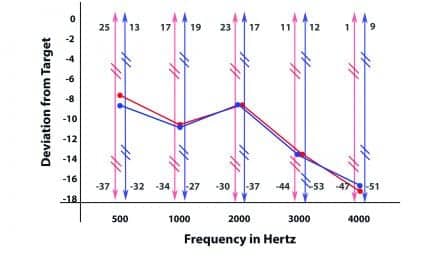The World Health Organization’s Regional Office for Europe recently released an educational textbook describing how health professionals can use the Ida Motivation Tools 
The textbook, titled Engage in the Process of Change; Facts and Methods, explains how the motivation tools can help support health professionals in a range of medical areas, such as surgery, cardiology, and audiology. The textbook emphasizes that the tools are easy-to-use and flexible enough to adapt to the individual patient, making them an excellent resource for doctors and other health care professionals who want to support their patients through the process of change.
Hanne Tønnesen, CEO of the Clinical Health Promotion Centre at Bispejerg University Hospital in Copenhagen, edited the textbook and also helped Ida Institute to modify the motivational tools for use in the field of audiology.
Ida Fellows Sam Trychin and John Greer Clark also contributed a chapter describing how the motivation tools can be used in audiology to support patients with hearing loss. In their chapter, they underscore the importance of communication and dialogue with the patient.
“The experience of clinical audiologists shows that detailed discussions of a patient’s audiogram and the implications of measured hearing deficits on speech reception cannot build the same motivation as is created through a personal exploration of the negative impacts of hearing loss identified by one of any number of self-assessment tools developed by audiologists,” they wrote.
In conclusion, Trychin and Clark state that the motivation tools can significantly impact the success of the audiologist’s clinical endeavors and can be applied to group sessions with relatives and other communication partners.
To download a free copy of the textbook, visit the WHO Europe website.
SOURCE: Ida Institute



